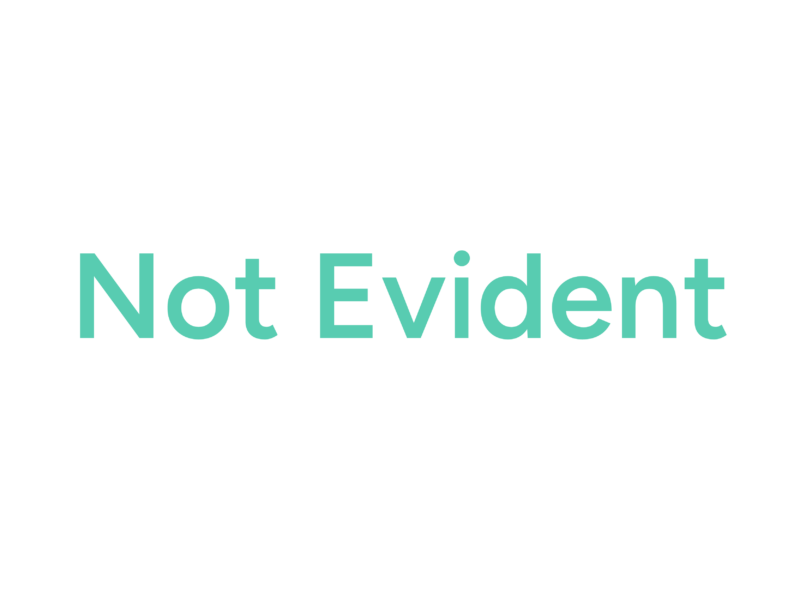Global and Cultural Understanding Rubric
The ability to critically analyze and engage with complex, interdependent global systems and legacies — natural, physical, social, cultural, economic, and political — and their implications for our lives and the Earth.
Description
Global and Cultural Understanding focuses on diversity among the perspectives, practices, and beliefs found within a given culture and across cultures, with particular attention to global perspectives. By actively exploring and critiquing our own perspectives and our interactions with different people, we develop an appreciation of how our own and others’ lived experiences are shaped by global and cultural factors, including environment, economic status, age, race, ethnicity, gender, sexuality, and religion, among others, enabling collaboration across the different scales of human organization.
A traditional rubric PDF for Global and Cultural Understanding can be found here
Cultural Self-Awareness



Context



Scale




Intercultural Interaction



